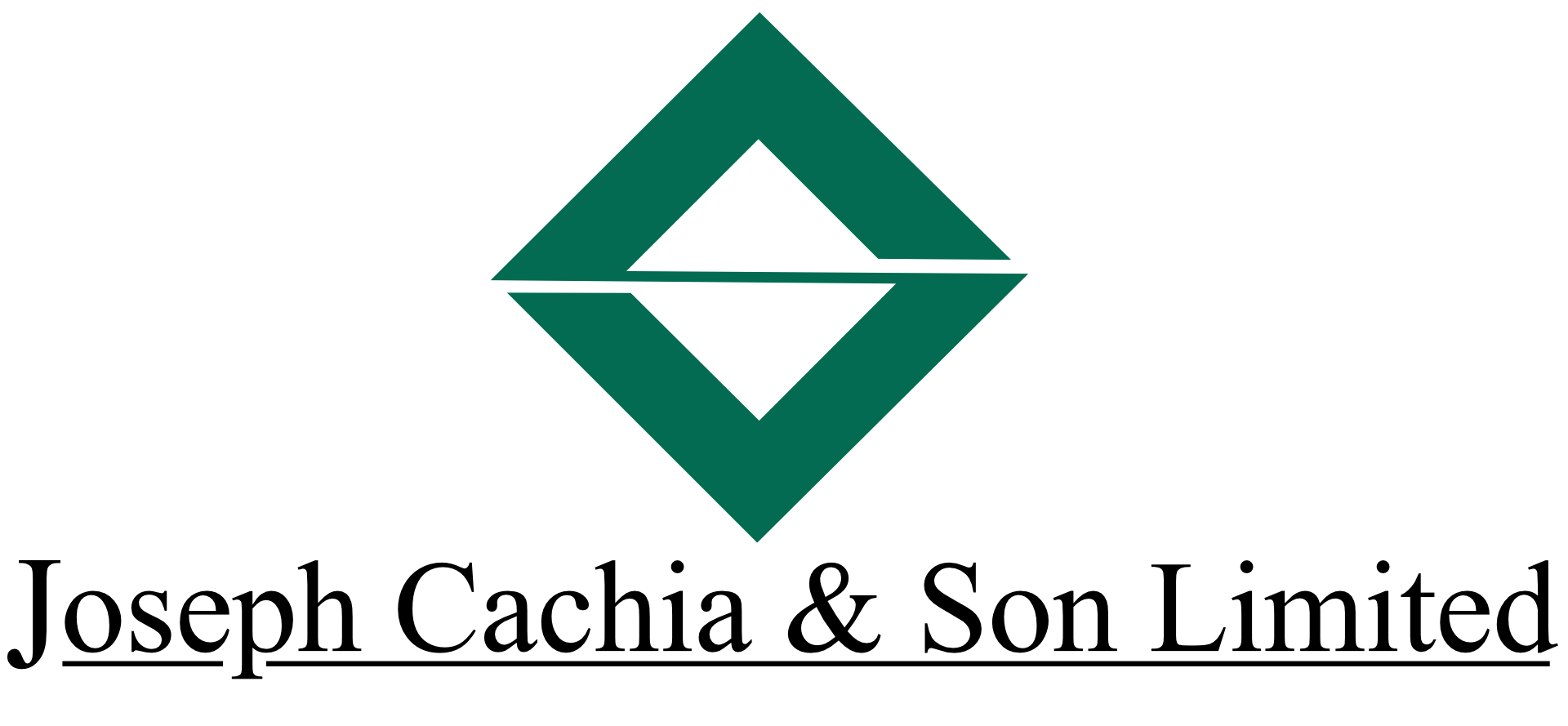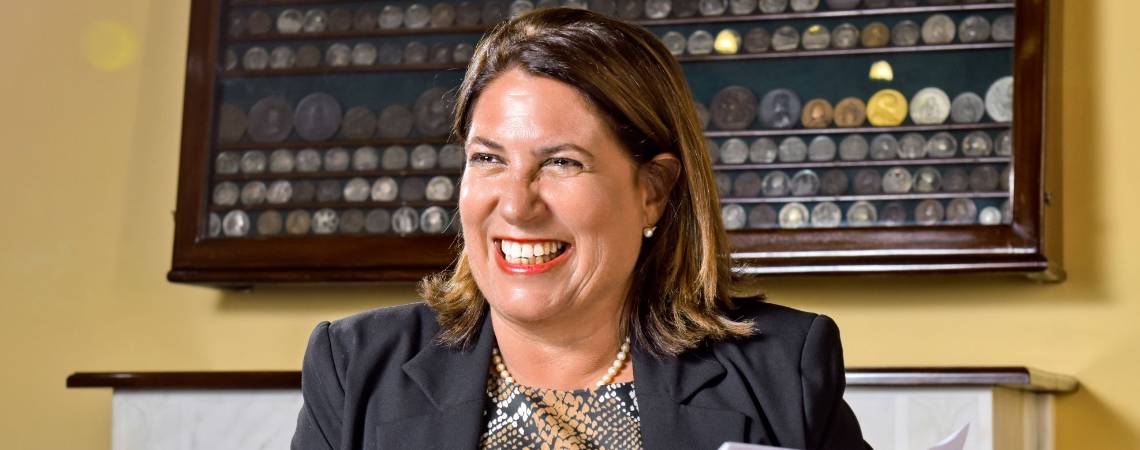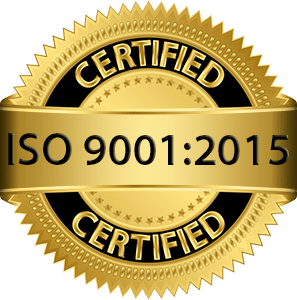From large-scale infrastructural projects such as the Malta-Sicily interconnector, to the supply of automated devices, Joseph Cachia & Son Ltd, a subsidiary of M. Demajo Group, has been at the forefront of using innovation to transform the islands.
“We always keep our finger on the pulse,” smiles Maronna Filletti, Executive Director of Joseph Cachia & Son Ltd, as we sit in the firm’s long-established offices in Valletta. A member of M. Demajo Group, the 10-person strong entity has grown from strength to strength over the past decades, leading fundamental projects within the fields of energy, the environment, money-handling and security, which aim to introduce technological advances on the island, and thus, better the day-to-day of the average Maltese.
“I think it’s an integral part of our DNA – we always feel we want to give back; we want to participate and invest in Malta’s growth and its economy,” she explains.
To achieve this, the small enterprise is consistently punching above its weight, competing with bigger players for large-scale tenders, while also keeping its eye on the more functional necessities required in a buoyant market. “We have to be proactive. We usually conduct research on the emerging priorities for the country and we then liaise with international companies to propose advanced technological solutions to be able to match those necessities,” she says.
As a result, Joseph Cachia & Son Ltd “is constantly evolving,” adapting to the vagaries of a nation whose history, and economic development, has compelled it to be agile and astute.
The firm first opened its doors as an import and distribution company in 1901, founded by Joseph Cachia, who helmed the company for decades. Following a short transition period, in which Joseph M. Demajo was asked to manage the firm for six months, Mr Cachia decided to sell the company to the Group in 1965. “Mr Demajo was a visionary leader and it was his idea to diversify,” Ms Filletti asserts.
“From a small firm which mainly dealt with retail outlets, it was transformed, and we now handle multi-million-euro projects, using Maltese resources and expertise in supporting international players.”
The Executive Director herself has been an integral part of this growth, having started at Joseph Cachia & Son Ltd 41 years ago as a junior secretary, before moving on to become Mr Demajo’s PA and later, Human Resources Director for the entire Group. “I ended up where I started,” she laughs, “except that I’m now running the subsidiary and introducing new products and services both locally and overseas.
Of course, there were others before me who put the company on course and, now, my scope is to continue their good work, developing the entity in line with our internal competencies,” she states. Indeed, over the years, the firm has led the way in introducing innovative solutions across sectors.
The supply of boilers at Delimara Power Station was one of the first major commissions; followed by the provision of security products such as the Maltese Biometric Passports and the National Identity Management System (NIDMS), as well as money-handling machines and airquality monitoring stations.
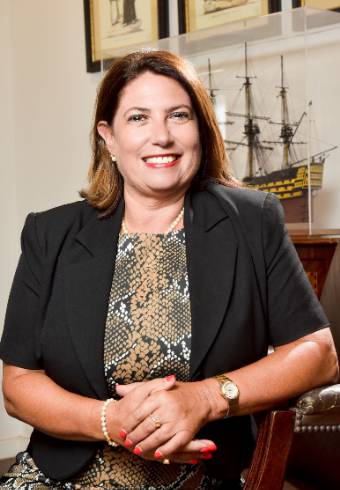 The company’s Principals were also awarded the Malta-Sicily Interconnector bid of €200 million, which took five years to locally manage and complete – as well as the more recent MaltaGozo fibre optic link, which will take nine months to finalise, but which has been in the pipeline for more than three years.
The company’s Principals were also awarded the Malta-Sicily Interconnector bid of €200 million, which took five years to locally manage and complete – as well as the more recent MaltaGozo fibre optic link, which will take nine months to finalise, but which has been in the pipeline for more than three years.
“These all involved internationally renowned suppliers, and, while our projects in Malta are considered to be rather small – because of the size of the island – we get our partners to recognise the country as one to be reckoned with,” Ms Filletti states, going on to emphasise that “this is where our capability lies.” Moreover, the team at Joseph Cachia & Son make it a priority to navigate the diverse cultural mores and expectations involved with working with teams from other countries.
“We have to adapt to the country we’re dealing with, even on a personal level. Of course, it’s easier if they can also understand our idiosyncrasies, but we aim to bring everybody together to make the most of everyone’s competencies, track record and know-how.”
However, Ms Filletti is at pains to emphasise that the smaller projects being handled by the firm are just as essential as the larger, more high-profile commissions. “For instance, we introduced Horizontal Directional Drilling (HDD) and applied it to the route between Mgarr and Mellieha, with the aim of laying water pipes without having to unearth the surface,” she states. To complete each assignment, the firm today consists of two divisions: the contracts and sales team, which is responsible for the trading of various products such as money-handling equipment and queuing systems while also overseeing applications and project management for tenders; and the technical services department, which manages the day-to-day maintenance and support of those products and projects already underway.
“Our team is highly specialised and trained, usually graduates from the University of Malta or MCAST. And our technicians are also well-versed in the products we’ve introduced with our global partners. We have long-term maintenance agreements with our suppliers, and so, our staff’s expertise has to adapt to the products we’re representing,” she explains. However, she says, one of the challenges currently facing the firm is the difficulty in finding the required human resources.
“There’s a lacuna in the field of environmental engineering for instance, and we find it very difficult to find people who can bridge the gap between traditional engineering and environmental know-how, those who understand the issues with air and noise pollution, among other concerns.”
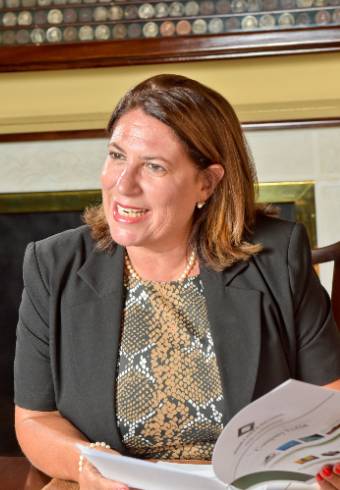
Moreover, there are also difficulties in finding “bid specialists”, that is, qualified personnel who understand the technical and sales angles of each project, including the intricacies of the legal and financial facets. “It’s a real career path. We’ve learnt on the job, but this is a profession which has scope,” she asserts. Indeed, finding the right human capital is a constant battle, since “tendering is a long process and there is no immediate gratification; things just take a long time and some may not enjoy the slow-burn aspect.”
The island’s limited pool of people also exacerbates this situation, she explains. Another hurdle on the horizon is Brexit, according to the Executive Director. “Since we liaise with many UK companies – who supply us with equipment, which also needs to be maintained – there’s a fair amount of uncertainly especially with a ‘no deal’ scenario, although we are certain that we shall overcome the hurdles and turn them into new opportunities,” she attests.
But, what else might the future hold? “We definitely need to sustain what we have, though we are not afraid of a growth spurt or of adding more divisions to the enterprise, as long as they are integrated within the philosophy of the firm,” she attests. Venturing in new territories – such as the North African market – is on the books, she explains, while also stating that the firm is well-positioned to offer solutions to the island’s newer challenges, such as Malta’s move into the cashless economy.
However, she stresses that sustainability is key – even when diversifying – and it’s vital to look ahead to pre-empt issues. “We have to be futuristic and understand what our needs will be. We have to be proactive. This is what Joseph M. Demajo taught us all. He was always thinking outside the box, and it is this ethos I want to pass on to my colleagues for the continuance and prosperity of the firm,” she concludes.
This interview initially appeared in the September edition of the Commercial Courier.
